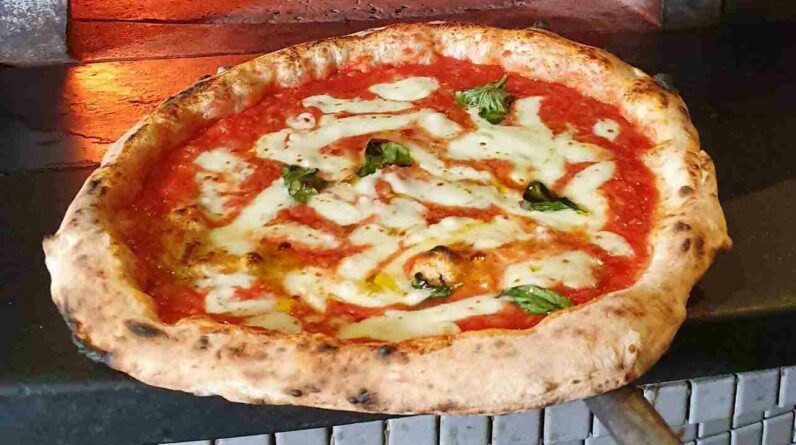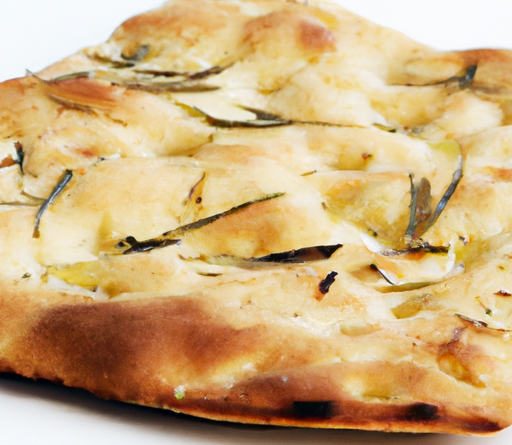Italy is synonymous with wine. Its sprawling vineyards, cultural richness, and centuries-old traditions have elevated Italian wine to the pinnacle of global recognition. For enthusiasts, aspiring sommeliers, or those simply looking to deepen their appreciation of Italian wine, embracing its education and training spectrum offers an enlightening journey into viticulture and oenology.
The Significance of Italian Wine
Italy’s landscape is a patchwork of 20 distinct wine regions, each offering unique grape varieties and styles. From the lush Proseccos of Veneto to the robust Barolos of Piedmont, Italy’s vinous diversity can be overwhelming yet fascinating, warranting a structured approach to wine education.
Italian wine is not just about consumption; it is an experience encompassing geography, history, culture, and sensory delight. Education in this field goes beyond assessing flavors; it involves understanding the nuances of terroir, vinification techniques, and food pairing intricacies.
Starting Your Education Journey
Beginning the journey of Italian wine education can seem daunting given the complexity and diversity involved. Here’s a structured approach to navigating this fascinating field:
1. Understand the Basics
Before diving into specific wines or regions, familiarize yourself with the fundamental components that define Italian wine. Start by:
-
Learning Italian Wine Classifications: Italian wines are classified into categories like Denominazione di Origine Controllata (DOC), Denominazione di Origine Controllata e Garantita (DOCG), and Indicazione Geografica Tipica (IGT). Understanding these classifications will provide a foundational knowledge of quality levels and regional specialties.
- Getting to Know Italian Grape Varieties: Italy is home to hundreds of indigenous grape varieties. Begin with familiar ones such as Sangiovese, Nebbiolo, and Barbera, then expand into lesser-known varietals like Vernaccia and Grechetto.
2. Gain Hands-On Experience
Italian wine education is as much about practical experience as it is about theoretical knowledge. Consider engaging in:
-
Wine Tasting Events: Joining wine-tasting seminars or events in your area can offer firsthand experience of Italian wines alongside experts who can provide insight into what makes each wine unique.
- Workshops and Short Courses: Short-term workshops or introductory courses available through local wine institutions can provide practical skills, such as tasting techniques, identifying wine faults, and pairing food with specific wines.
3. Advanced Training Programs
For those interested in delving deeper, several structured education programs and certifications offer comprehensive Italian wine knowledge:
-
The Italian Wine Scholar Program: Offered by the Wine Scholar Guild, this program is specifically tailored to Italian wines, providing extensive coverage of all wine regions, with focused study on historical context, wine styles, and notable producers.
-
Sommelier Certification Courses: Institutions like the Court of Master Sommeliers or the Wine & Spirit Education Trust (WSET) offer courses that include strong modules on Italian wines, essential for those aiming for a career in wine or hospitality.
- Universities in Italy: For the academically inclined, Italian universities like the University of Gastronomic Sciences in Pollenzo offer programs on food and wine culture, providing a more in-depth understanding of Italian wine and food heritage.
4. Explore the Vineyards
To truly grasp Italian wine, a visit to its birthplace is invaluable. Touring Italy’s wine regions allows you to experience the local terroirs, meet vintners, and understand the cultural practices that contribute to each wine’s character.
-
Plan Vineyard Tours: Many Italian vineyards offer educational tours and tastings. Regions like Tuscany, Piedmont, and Sicily provide opportunities to explore diverse landscapes and winemaking philosophies.
- Attend Regional Wine Festivals: Participate in local wine festivals, such as Vinitaly in Verona, to experience the vibrancy of Italian wine culture and connect with wine professionals and enthusiasts.
FAQs about Italian Wine Education
Q1: How long does it take to become knowledgeable about Italian wine?
Becoming knowledgeable about Italian wine can vary based on your commitment and prior experience. A basic understanding may take a few months, but achieving sommelier level knowledge could require years of study and experience.
Q2: Is it necessary to speak Italian to study Italian wine?
While not mandatory, understanding Italian can enhance your learning experience, especially when exploring native literature or interacting with local vintners. However, many courses and resources are available in English.
Q3: How important is blind tasting in Italian wine education?
Blind tasting is a crucial aspect of wine education as it sharpens your palate and ability to identify wine characteristics without bias. It is particularly emphasized in sommelier certifications.
Q4: What are some recommended resources for self-study?
Noteworthy resources include books like “Vino Italiano: The Regional Wines of Italy” by Joseph Bastianich and David Lynch, and online platforms like the Wine Scholar Guild or the WSET’s official resources.
Q5: Can online courses effectively teach Italian wine?
While online courses can offer foundational knowledge and flexibility, they may lack the hands-on experience of in-person tastings or vineyard visits, which are integral to truly understanding wine. Complementing online courses with practical experiences is advisable.
Q6: Are there scholarships available for studying Italian wine?
Yes, organizations like the Italian Trade Agency often sponsor scholarships for wine education programs. Additionally, institutions like the Wine Scholar Guild sometimes offer financial aid or grants for enthusiastic learners.
Q7: Can wine education assist in understanding wine and food pairing?
Absolutely. Italian wine education delves into the synergy between wines and local cuisine, offering a comprehensive understanding of pairing principles, essential for enhancing dining experiences.
In conclusion, embarking on Italian wine education and training reveals a tapestry rich with history, diversity, and sensory exploration. Whether for personal enrichment or professional pursuit, the knowledge gained offers a lifelong appreciation of one of the world’s most treasured cultural elements. Cheers to your journey!
If you enjoyed this article and want to learn more about Italian Cuisine, please visit https://pizzapartiesofamerica.com/









